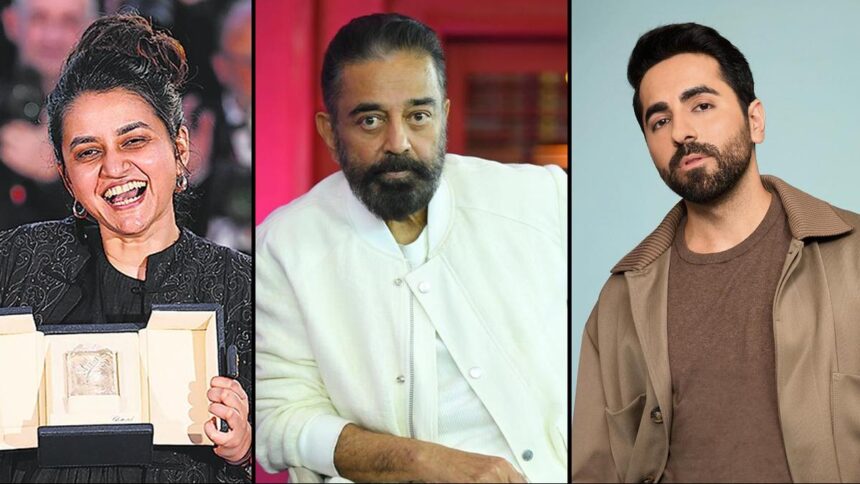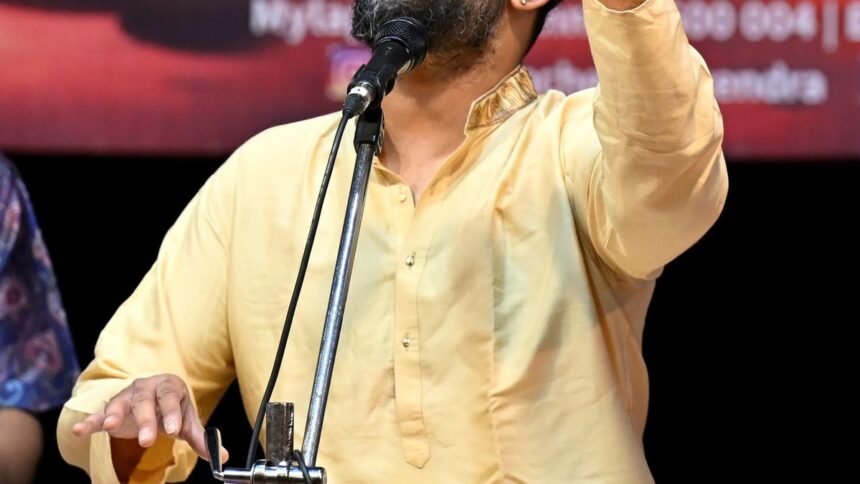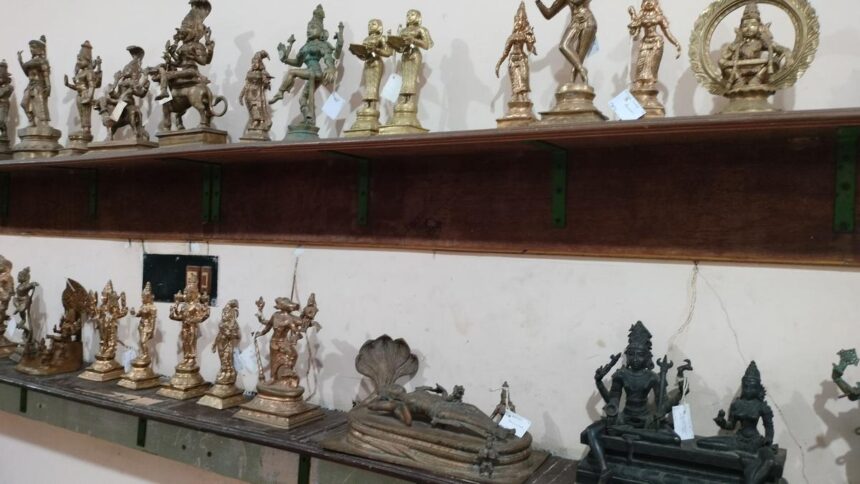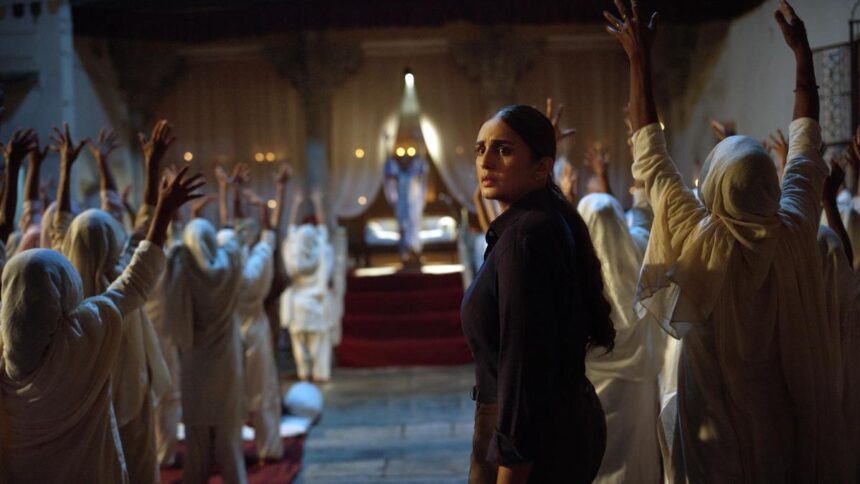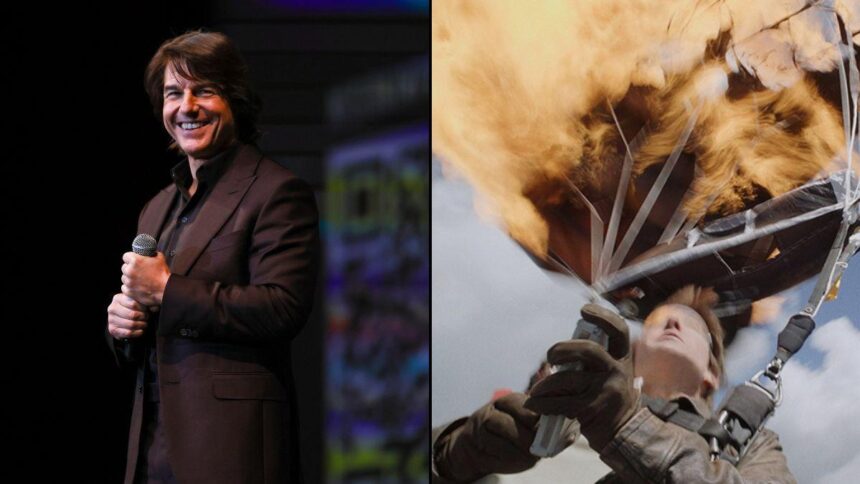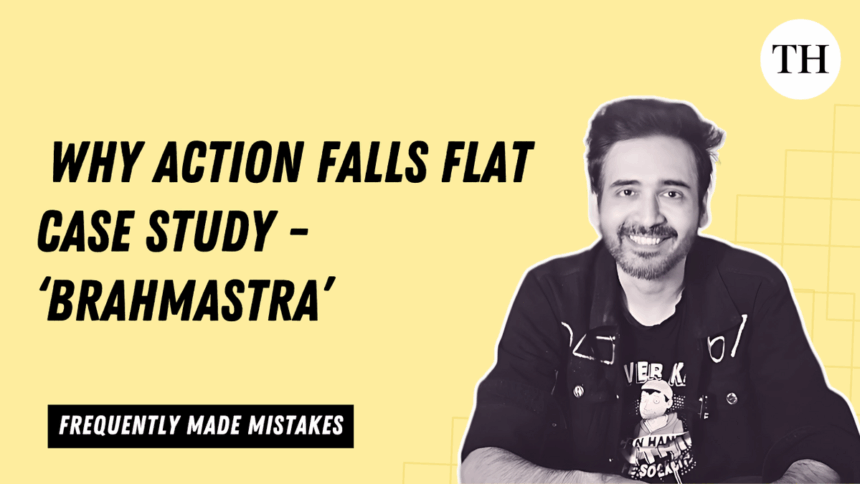Mainstream Kannada cinema has shied away from the topic of caste. For filmmaker Bheemrao P, it was important to ensure that his debut venture didn’t get nipped in the bud. While promoting his movie, Hebbuli Cut, he called the film a tender story of a boy’s dream to get a fancy hairstyle. The film is more than that, but Bheemrao wanted to generate buzz around his film, before anything else.
“The moment you mention Ambedkarism, a section of people will distance themselves from your movie. Hence, I stressed the fact that my movie was a ‘commercially engaging social drama’,” he tells The Hindu.
Released in theatres on July 04, 2025, Hebbuli Cut made noise among a small crowd, mostly comprising critics and followers of niche content. The film has seen increased acceptance since its recent release on the OTT platform Sun Nxt. “I see people writing long posts on social media about my film. It is getting discussed in multiple forums,” says the director.
Hebbuli Cut, set in Chandrabanda Village near the North Karnataka-Telangana border, tells the story of the school-going Vinay (Mounesh Nataranga), who is unruffled by the harsh realities of his surroundings. The film’s conflict revolves around Vinay’s desire to get a hairstyle similar to Superstar Sudeep from the 2017 action thriller Hebbuli. However, his dream is crushed by social bias.
Bheemrao was impressed by Dr Rajkumar’s hairstyle in the 1979 action drama Nanobba Kalla. The film became the starting point of Hebbuli Cut, but he needed a recent phenomenon to attract the mainstream audience. That’s how Sudeep’s hairstyle in Hebbuli became an integral part of the script. In 2017, the hairstyle was a craze among students. So much so that a disgruntled headmaster from Bagalkot wrote a letter to a salon requesting them to avoid styling students’ hair in that fashion.
Back then, perhaps not many imagined a scenario where a boy would be denied the trendy hairstyle because of the family he belonged to. “Even today, people aren’t comfortable about speaking about inequality”, laments Bheemrao. “Many people, including those from my circles, liked Hebbuli Cut. But they weren’t ready to accept the presence of unfair prejudice existing in society,” he says.
“My film is based on a real incident. Maybe, those living in metropolitan cities might not be aware of such injustice faced by people from lower castes,” he says, adding that a recent incident in Gujarat came as a timely validation for his story.
It was widely reported that decades of prejudice ended when Kriti Chauhan became the first Dalit to walk into a barber’s shop in Alawada village in Gujarat’s Banaskantha district. For generations, around 300-odd Dalits travelled to other places for grooming as they were denied services by local barbers in their village.
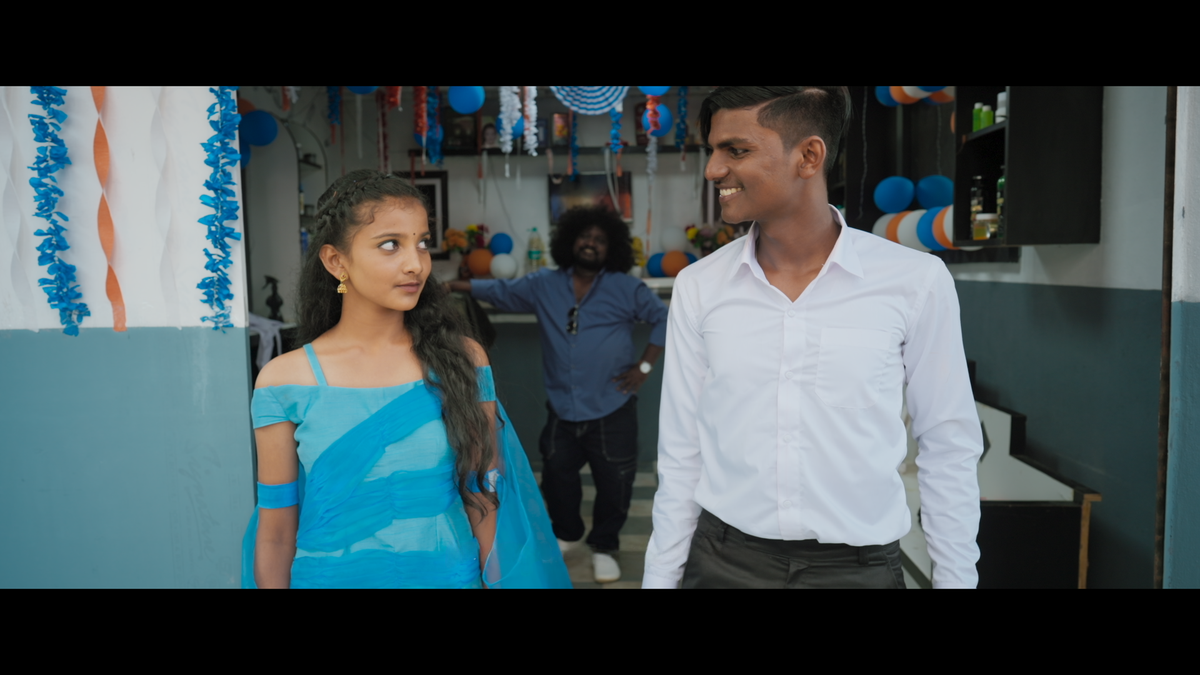
A still from ‘Hebbuli Cut’.
| Photo Credit:
Special Arrangement
Bheemrao is still finding his voice as a filmmaker. He is drawn towards movies that address societal issues. For over a decade, filmmakers such as Pa. Ranjit and Mari Selvaraj have spurred a movement in Tamil cinema with movies that challenged caste-based discrimination. “Pa Ranjit is very aggressive in how he conveys his displeasure towards society. Mari Selvaraj tackles serious topics in an engaging fashion. I prefer Mari’s films over Ranjith’s,” he reasons
He is also an admirer of Marathi filmmaker Nagaraj Manjule. “His films don’t try hard to portray inequality, yet they move you. That tells his calibre. I loved his Fandry (2014). I could relate to the Dalit teenager’s fight against societal expectations. The final scene, in which he throws a stone at the camera, thereby breaking the fourth wall, is the director’s revolt against the biased world. It had a huge impact on me,” he explains.
Bheemrao prefers churning out engaging stories based on important subjects. “In the past, few Kannada films on caste used melodrama to drive home the message. This kind of approach doesn’t work with the audience.”
Bheemrao’s approach to blend entertainment with a message is evident in the beautifully-shot song, Haadu Hagalalle, in Hebbuli Cut. “Thesong reveals the feelings of the boy, who has fallen in love with an upper caste girl. It’s my way of vouching for secularism as he dreams of living happily with the girl and her family,” he says, adding that he is currently writing another “commercial” film.
“I don’t want to be boxed as a niche filmmaker. Steven Spielberg made Jurassic Park (1997), a larger-than-life adventure drama,but he also made a feel-good movie like TheTerminal (2004). I am inspired by the sheer variety of his filmography,” he signs off.
Published – September 02, 2025 06:09 pm IST












